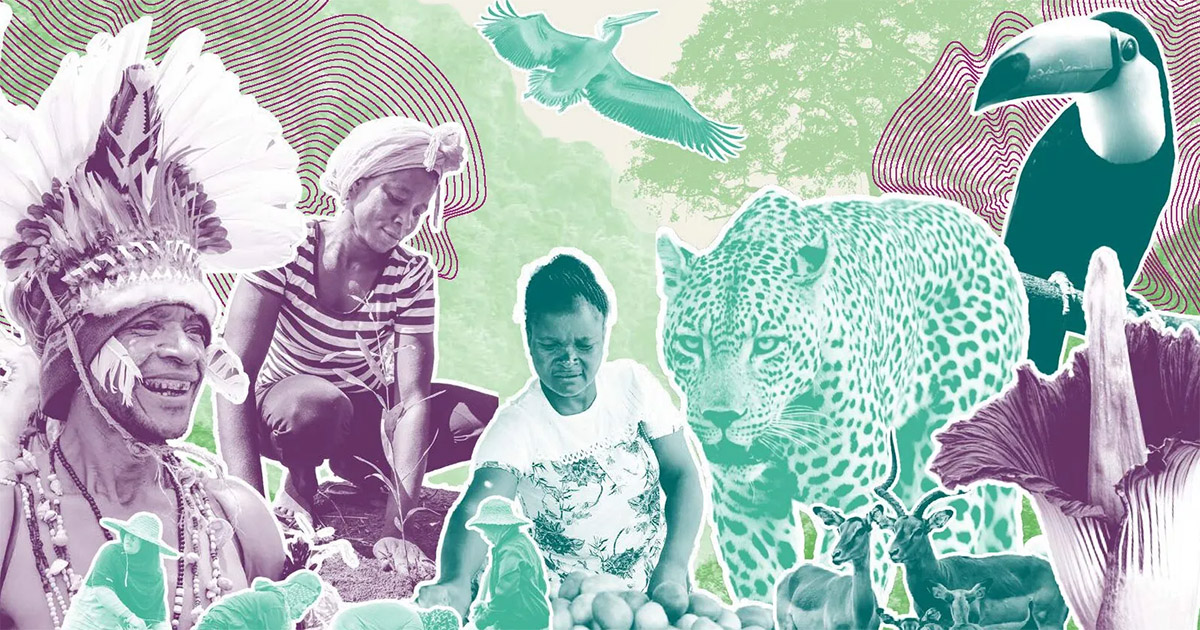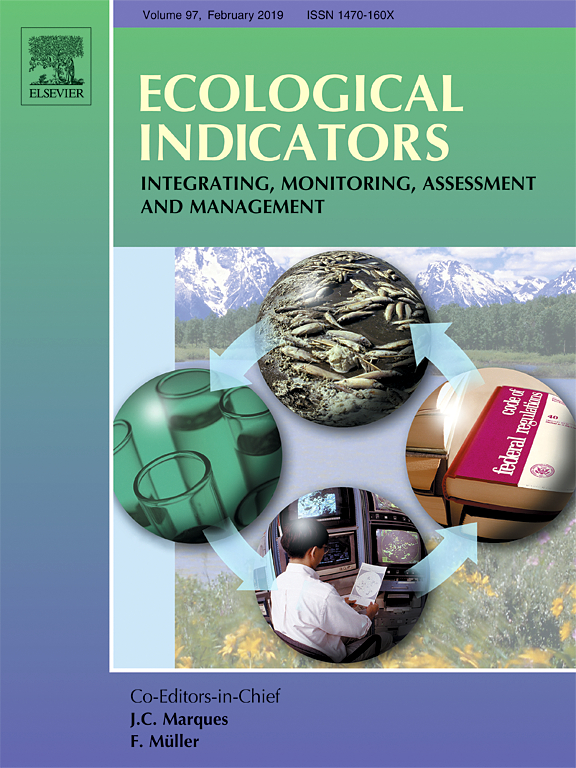Logging has depleted timber resources across a considerable portion of the world's tropical forests, leaving them vulnerable to conversion to other land‐use types. This raises the question of whether management for restoration represents an economically viable alternative. We reviewed restoration concessions (areas of degraded state forest land leased to enterprises on long‐term [≥60‐year] licenses for restoration‐compatible business development) in Indonesia since their introduction in 2004 and found that, although many opportunities and actions are being explored, business models remain largely aspirational. Costs – including those associated with taxes and reporting, forest protection, community development, and restoration interventions – are high, while developing revenues at sufficient scale from carbon markets, non‐timber forest products, and ecosystem services is challenging. Potential solutions include the development of restoration‐compatible revenue streams and value‐added processing to generate income, investment in communities to bring them in as partners in restoration enterprises, and creation of a supportive regulatory environment by reducing statutory costs and eliminating perverse regulations. Restoration concessions are a scalable policy option for promoting private investment in restoration that could be replicated internationally to help meet ambitious global restoration targets.
DOI:
https://doi.org/10.1002/fee.2265
Dimensões Contagem de citações:



















